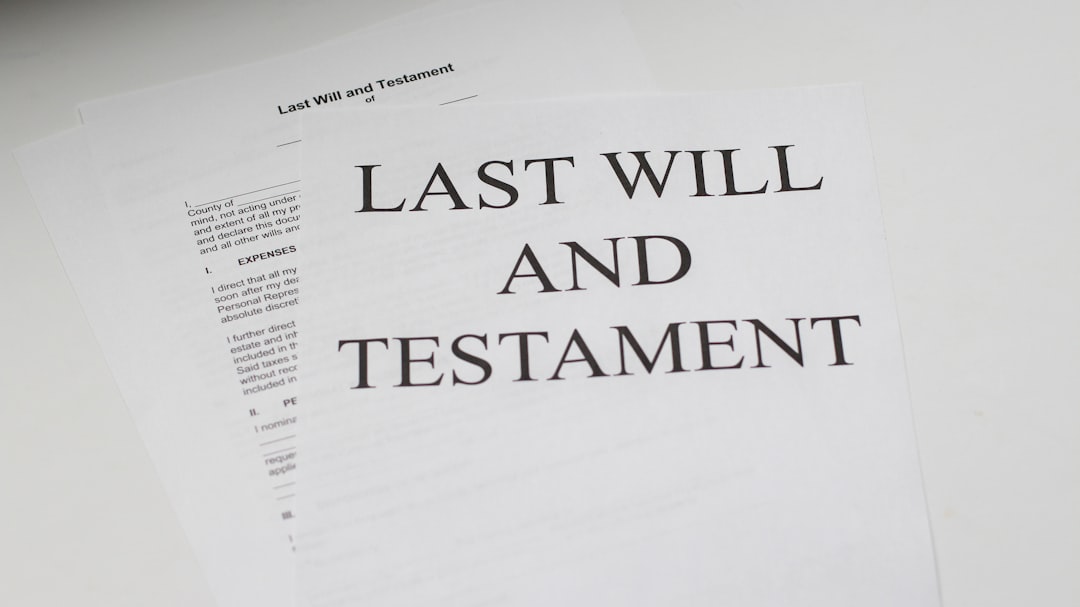
Intestate law is applicable when a person dies without leaving behind a will for inheritance of property. The intestacy law is used as a guideline of property distribution of the deceased. Intestate is a person who dies before preparing the will that indicates how his/her property should be shared to his/her closest people who are left behind. Intestate law lists the people who are entitled to property on inheritance of a deceased in case where a will was not drafted by the deceased. The intestate lists and the people who are entitled to inherit the property and at the same time defines how these people are related to the deceased. In order to sure that the property of the deceased is fairly shared to a large number of relatives, the per capita tool and the per stripe tools are used in property division. These tools are necessary when the number of people entitled to inheritance is huge. The following hierarchy is clearly elaborated by the intestate law.
The first on the hierarchy is the spouse of the deceased who has the right to get a share of the estate if not all of it. The first inheritance of a spouse is an estate which was owned by the deceased. If the deceased did not have any kid, the spouse inherits the whole of the estate with the exclusion of relatives. Intestate law clearly defines that the legitimate spouse is the one who wed with the deceased and has a certificate of marriage. Read more about common marriage here.
Children follow the spouse on the hierarchy of the intestate law. The piece of an estate left behind is usually divided equally among the existing children of the deceased if there is no spouse left behind. The case is different if there is an existing spouse. The spouse is given his/her share and the remaining share is equally subdivided among all the children. The adopted children are also given equal share because they are considered as the biological children of the deceased. According to the intestate law, children are not supposed to inherit the debt of their deceased parent and therefore the assets inherited by the children cannot be used to settle the debts. It is the responsibility of the probate court to select the guardian who will take care of the children of the deceased.
Thirdly, on the intestate hierarchy are parents and siblings of the deceased. This hierarchy is arrived at if deceased did not leave behind children, spouse or grandchildren. The property is handed over to the deceased’s parents and if there are no existing parents, then the property is equally divided among the siblings.
The third on the intestate hierarchy are distant relatives and this happens only if the deceased do not have an existing spouse, children, siblings or any descendant. Cousins, aunts, uncles, and grandparents are some of the distant relatives.